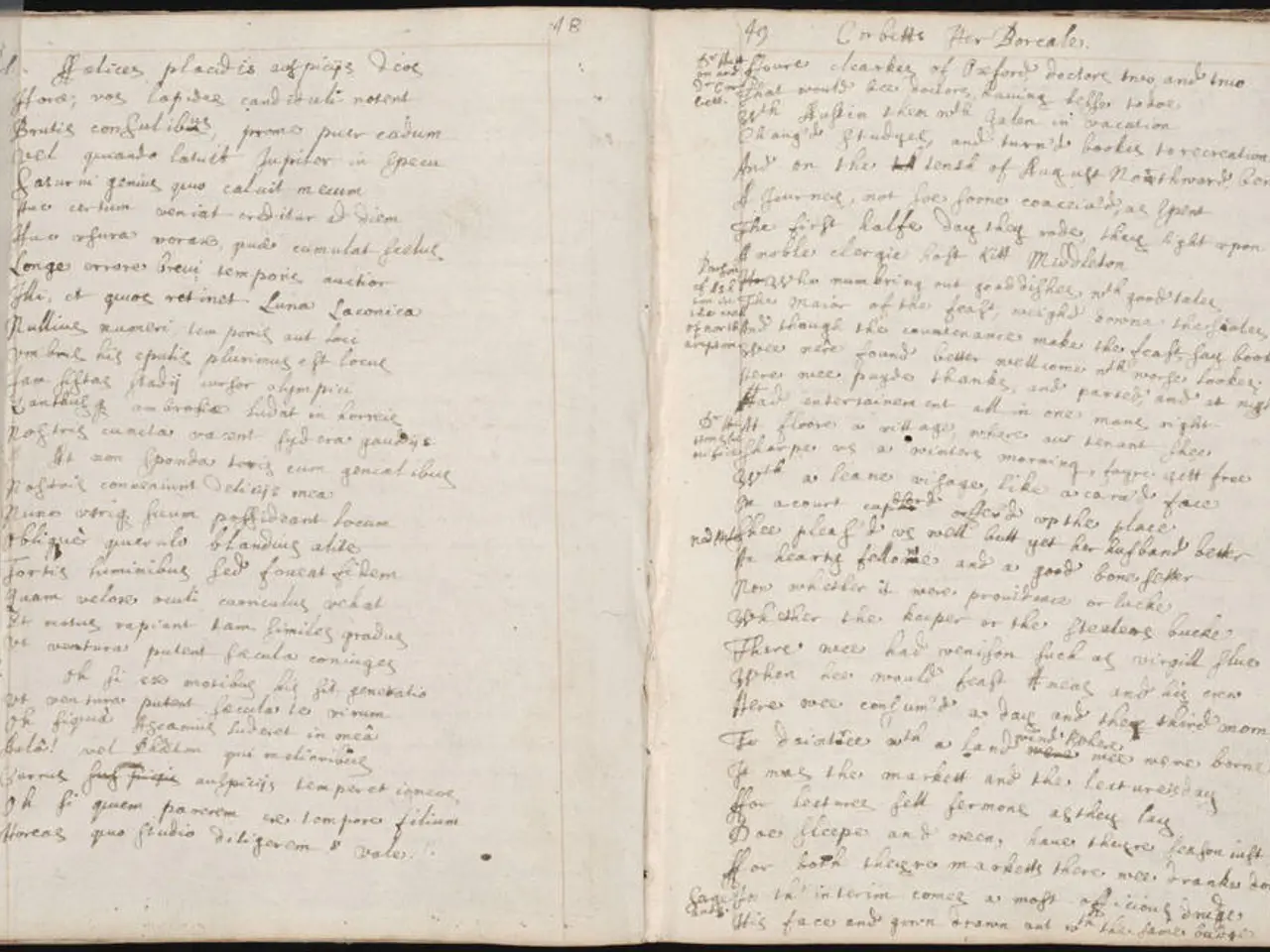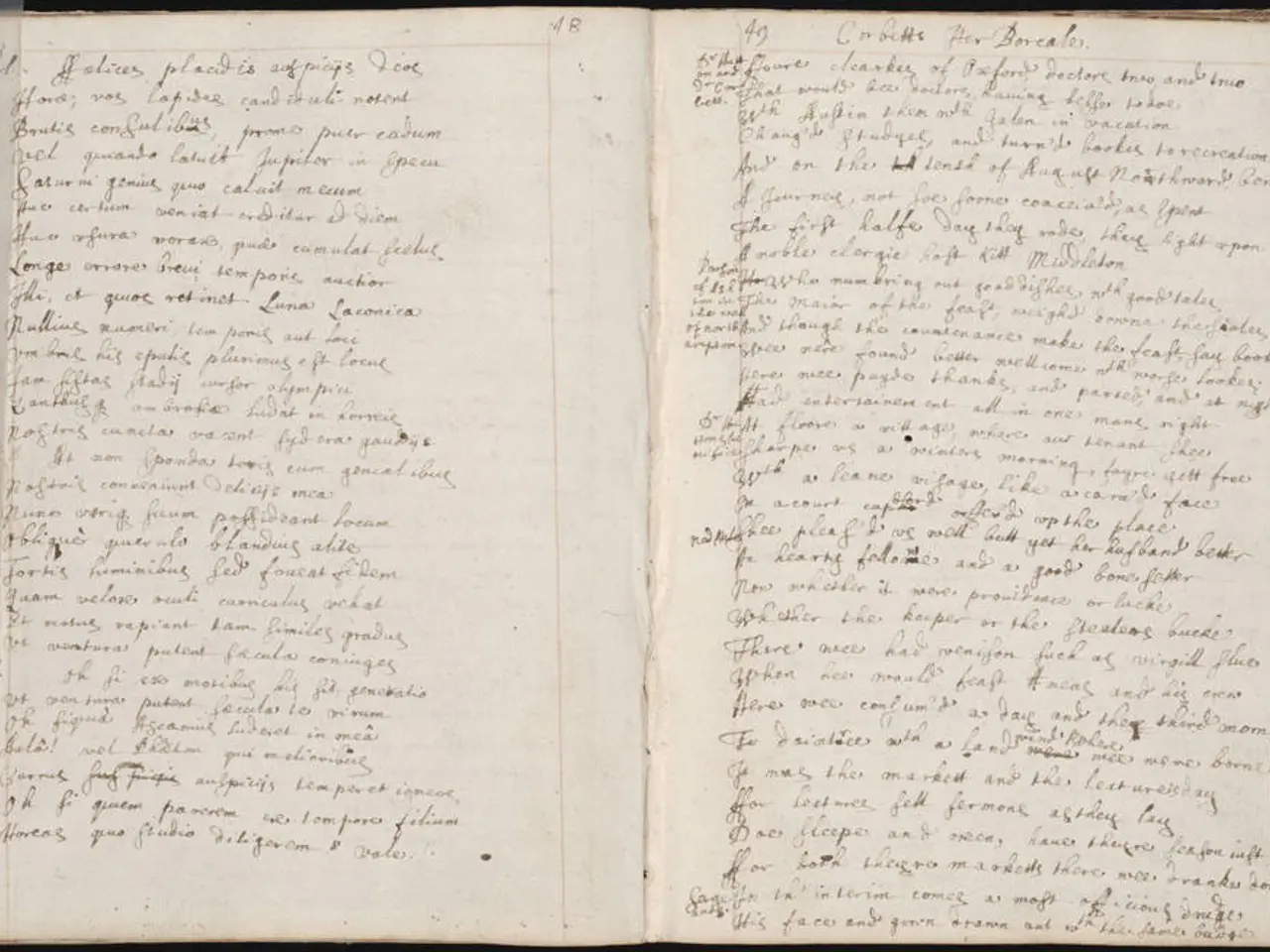ChatGPT's original shipment name was about to change, decided late in the game
In a surprising turn of events, the AI model that has taken the world by storm, ChatGPT, initially had a different name. Originally dubbed "Chat with GPT-3.5", the name was considered hard to pronounce and less memorable. This led to a last-minute renaming to "ChatGPT", a combination of "Chat" and "GPT" (short for "Generative Pre-trained Transformer"), before its release in 2022.
The change proved to be impactful, as "ChatGPT" quickly became widely recognized and synonymous with AI-driven conversational assistance, far beyond what the developers initially anticipated. The simplified name, a decision made by OpenAI's ChatGPT lead, Nick Turley, and Chief Research Officer (CRO) Mark Chen, was a strategic move aimed at creating a name that was simpler and more effective in capturing the essence of the technology.
The surge in ChatGPT's popularity can be attributed to a number of factors, including the launch of the GPT-4o image generator and its user-friendly interface. The model's capabilities have predominantly remained similar to previous versions but with a more user-friendly interface, making it more accessible to a wider audience.
The impact of ChatGPT's popularity is evident when compared to Microsoft Copilot. In February 2025, ChatGPT had over 52 times more visits than Microsoft Copilot in the U.S., with over 173.3 million daily visits in the U.S. compared to Copilot's 98.9 million monthly traffic. This stark contrast has been reported by aitools.xyz.
The story of ChatGPT's rise to fame was revealed by Andrew Mayne, the host of the OpenAI podcast and former science communicator. The rapid growth of the model has been described as "biblical demand" by Sam Altman, the CEO of OpenAI. Microsoft CEO Satya Nadella argued that OpenAI had a 2-year runway to build ChatGPT uncontested last year.
One of the most notable moments in ChatGPT's journey was the emergence of the viral "Ghibli" memes on social media, inspired by the GPT-4o image generator. Despite its success, ChatGPT shares the same technology and AI models with Microsoft Copilot to power its capabilities.
As of March 2023, ChatGPT boasted approximately 600 million monthly active users, a testament to its widespread adoption and popularity. The initial concerns about the name's pronunciation seem to have been overshadowed by the model's success, making "ChatGPT" a name synonymous with AI-driven conversational assistance.
- Microsoft, recognizing the success of ChatGPT, sought to capitalize on the technology by introducing Microsoft Copilot, but it faced significantly less popularity.
- The simplicity of ChatGPT's name was a strategic move, as it effectively encapsulated the essence of the AI-driven conversational assistance technology.
- Amidst the biblical demand for ChatGPT, the GPT-4o image generator became a significant factor in its user-friendly interface and mass appeal.
- The rise of ChatGPT's popularity led to the emergence of viral "Ghibli" memes on social media, further solidifying its presence in the realm of artificial intelligence and technology.




